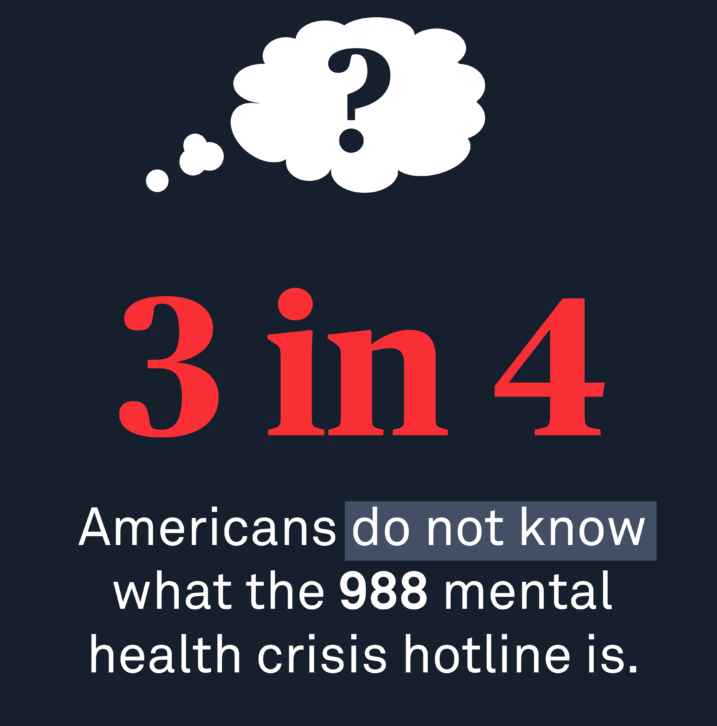
For those in the church who have not personally experienced mental illness, it can be hard to relate or understand the struggles of those who have. Here are some ways you can love and care for those struggling with mental illness:
- Avoid stigmatizing and stereotyping: For those struggling with mental illness, there is enough pain and fear without the worry of being judged or stereotyped for their mental illness. Avoid using phrases or making comments that could make someone feel isolated or ostracized.
- Don’t offer false “cures” or “solutions” to pain: It may be tempting to tell someone with a mental illness to “pray more” or “just trust God” when they are explaining their struggles. This is not helpful and can make the person feel worse. Mental illness is
not just a matter of praying more. - Listen and understand it’s hard: Be willing to listen to those struggling with mental illness. They have unique insights and have firsthand experience dealing with the effects of mental illness. Show empathy for those who have a mental illness and understand that their mental health journey is not easy.
- Pray: No matter what someone is going through, whether it be life changes, a physical sickness or injury or mental health struggles, prayer is a power tool. Prayer should not be viewed as a magic cure to mental health issues, but it is a way to bring it to God and hand it over to him.
- Show genuine love and care: Showing love for those with mental illness can mean a lot. Even simple actions that show you care can go a long way to someone who is struggling.
- Check in and offer support: If you have the time to listen, send a text or schedule a meet up just to spend time with the person. Time is valuable but showing up and being there is an encouraging example of love.
- Encourage professional help: Encourage those with mental illness to seek professional help. Sometimes taking the first step to getting help can be daunting, so encouragement and support during the process is valuable. Being there for them after they begin seeking treatment is a way to show you care for their well-being and value them.
THE LETTER TO THE EPHESIANS
I, then, a prisoner for the Lord, urge you to live in a manner worthy of the call you have received, with all humility and gentleness, with patience, bearing with one another through love, striving to preserve the unity of the spirit through the bond of peace: one body and one Spirit, as you were also called to the one hope of your call one Lord, one faith, one baptism; one God and Father of all, who is over all and through all and in all.
Adapted from Degree Program description at Grand Canyon University
Sign Up for the Monthly Newsletter
Additional Information
Additional Information on the programs and other Important resources

Find out More about 988

Sanctuary Course for Catholics

